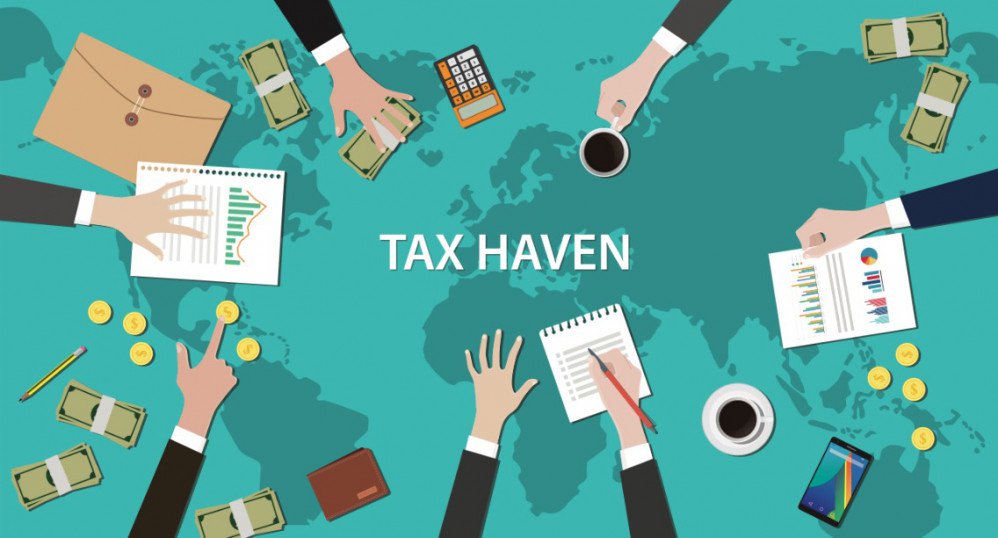Myth Busters: The Tax Conundrum
- Authors
-
-

- Name
- Patrick Maflin
-

“I bank offshore”
“ I am non-resident “
“ I’m not resident anywhere”
“ I don’t spend 183 days anywhere so I don’t have to pay tax”
“ I live on a foreign flagged vessel”
All of these statements are common reasons (or sometimes excuses) as to why most clients we speak to don’t think they have to declare their income. Although some of these statements were true at one point or another, many of them just simply do not hold water anymore. More importantly if you are UK seafarer, then you may be able to take advantage of HMRC’s best kept secret; the Seafarers Earnings Deduction, which enables individuals to claim a100% tax exemption. It seems crazy to try and hide money when you can declare it, tax free, and start making the most of your hard earned income. And chances are if you told any other crewmembers from another country you had this option and weren’t using it, they would probably ask to swap passports.
“I bank offshore”
Due to the ever increasing list of countries taking part in the Automatic Exchange of Information, gone are the days of being shielded from transparency by keeping your money in an offshore account. And let’s be honest- does it really get you anywhere financially by doing so? Aside from not earning interest, it just sits there unable to be invested and bring you a return. By declaring your income you are no longer forced to hide your money, and can start to reap the benefits of bringing it onshore by having it in interest earning accounts or investing it.
“ I’m not resident anywhere”
Contrary to popular myth, very few yacht crew truly are non-resident anywhere. The majority of people believe the 183 rule supersedes any other aspect of residency, however as per the OECD model, permanent home and socioeconomic ties carry equal weight. The implementation of CRS and FATCA now have all banks sending letters to account holders asking for verification of details, including tax number and residency. Unless you can prove you are truly non-resident anywhere, which is extremely difficult, you will need to provide this information or risk being reported to your tax authority.
“But wait. I do file a tax return. I declare my income from rental property.”
Sadly, this is another common myth that does not stack up. You need to be seen to be declaring your foreign earnings, and by only making a partial declaration you are not only improperly filing but you will also prevent yourself from obtaining a mortgage in the future as banks want to see you have earned income, not just gains from rental property.
“Well, I guess it’s time to become tax resident in Monaco or maybe Panama.”
Yes, technically you could choose to hide your funds in Monaco or Panama. However concealing funds in this way is an illegal practice and unfortunately tax authorities take quite a dim view these days on tax evasion. The more pressing question though is just how long can Monaco or Panama hold out under diplomatic pressure to join the growing list of the other 97+ countries who are already freely exchanging information on foreign account holders?
The far simpler solution to this common problem is to seek professional advice and find out what options are available to declare your income while keeping as much of your money as you can. Those who are able to declare their income in the UK under the SED can claim 100% tax relief. It seems that those who choose not to do so are quickly becoming the minority and the only reason they do not act is due to not realising how easy it is to reverse this trend. Not only will financial products be far more accessible, but more importantly when it comes to tax it is much better to act than to be asked for information.
If you would like further advice on any of the points raised in this article please feel free to email on the link below:
Any tax advice in this publication is not intended or written by Marine Accounts to be used by a client or entity for the purpose of (i) avoiding penalties that may be imposed on any taxpayer or (ii) promoting, marketing or recommending to another party matters herein


